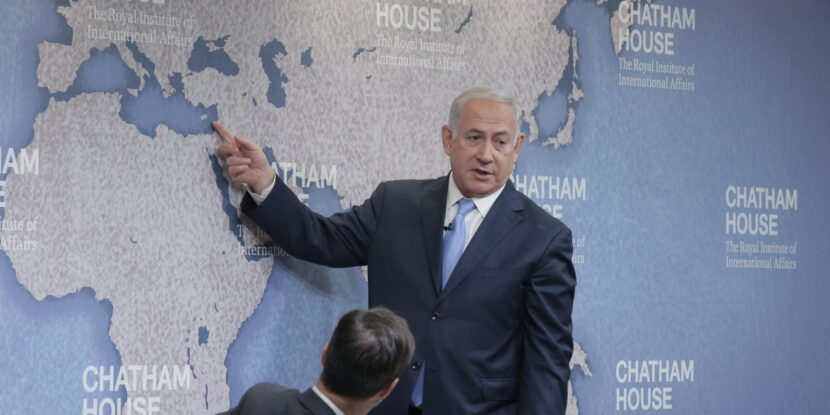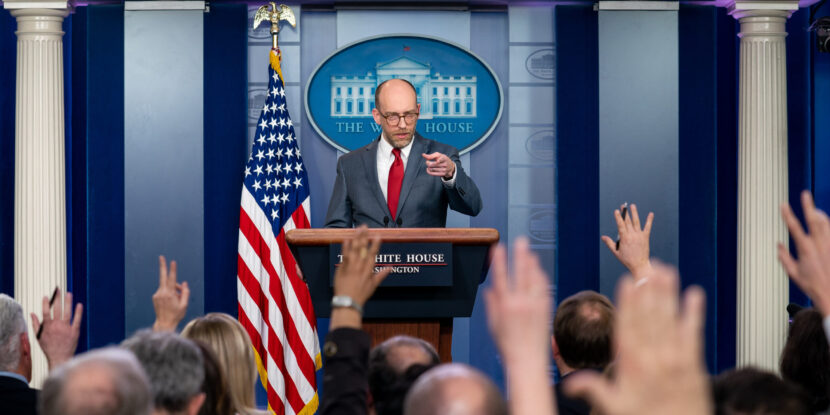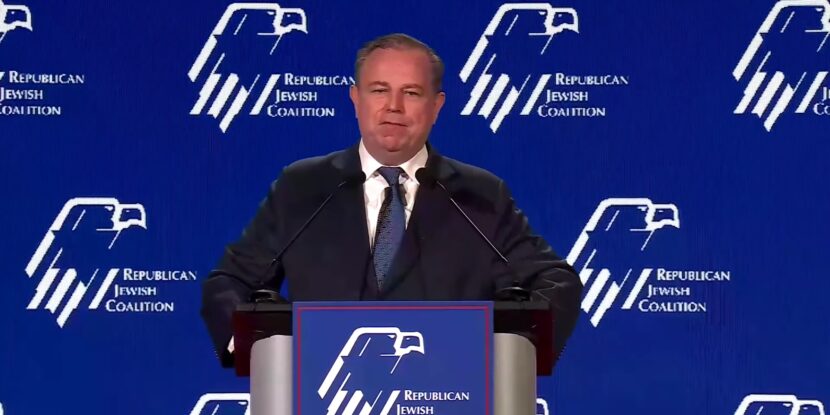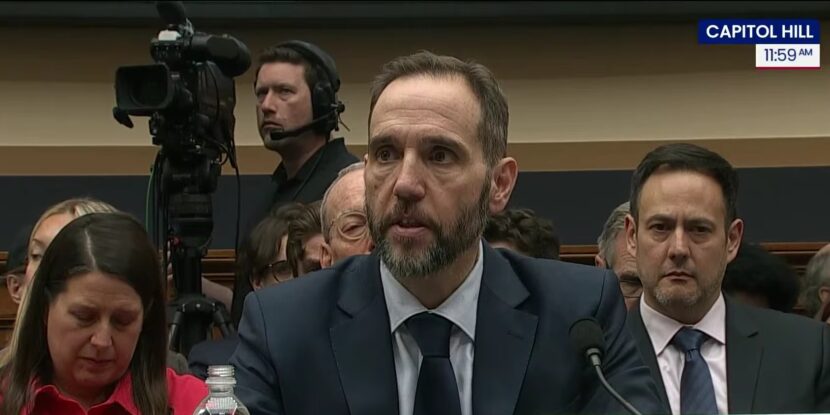PULSE POINTS:
❓What Happened: Oil prices surged while global stocks fell after Israel conducted strikes on Iran’s military officials and nuclear facilities.
👥 Who’s Involved: Israel, Iran, U.S. President Donald J. Trump, and global financial markets.
📍 Where & When: Strikes occurred early Friday local time in Iran; market reactions followed globally.
💬 Key Quote: “The IEA is actively monitoring the impact on oil markets from the Israel-Iran situation. Markets are well supplied today, but we’re ready to act if needed,” said Fatih Birol, director of the IEA.
⚠️ Impact: Brent crude oil prices rose over eight percent, stocks dropped by more than one percent in premarket trading, and gold reached its highest price in a month.
IN FULL:
Oil prices surged on Friday following Israeli strikes targeting Iranian military officials and nuclear facilities. Brent crude, the global oil benchmark, jumped over eight percent, reaching nearly $74 per barrel, its highest level since early April.
Global stock markets reacted sharply, with major indexes falling over one percent in premarket trading before recovering slightly as investors gauged the broader implications of the conflict. Gold prices also climbed more than one percent, hitting a monthly high of $3,440 an ounce, while Bitcoin slipped nearly one percent to below $105,000. U.S. bond prices showed minimal movement.
The strikes, which occurred early Friday local time in Iran, were described by Israeli officials as part of a “lengthy operation.” President Donald J. Trump warned there was “much more to come” and urged Iran to negotiate a deal. Iran responded by launching drones toward Israel and issuing threats against U.S. assets in the region.
The sudden spike in oil prices has raised concerns about potential impacts on consumer gasoline costs, especially given the possibility of a broader Middle East conflict, which could disrupt global energy supplies. However, the International Energy Agency (IEA)—created to counteract global oil supply disruptions—stated on Friday that it has over 1.2 billion barrels in its emergency stocks.
“The IEA is actively monitoring the impact on oil markets from the Israel-Iran situation. Markets are well supplied today, but we’re ready to act if needed,” said Fatih Birol, director of the IEA, in a post on X (formerly Twitter).




















